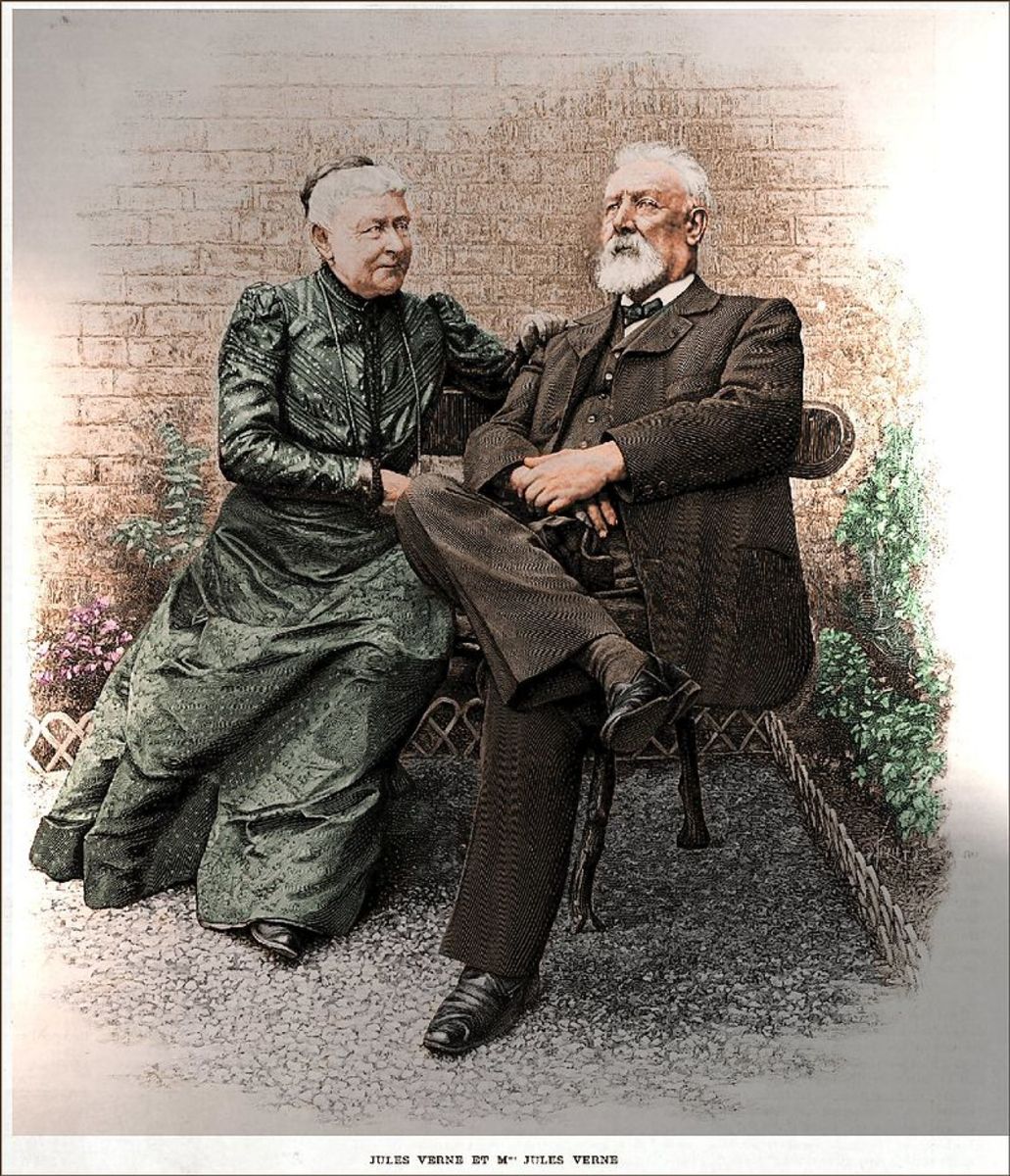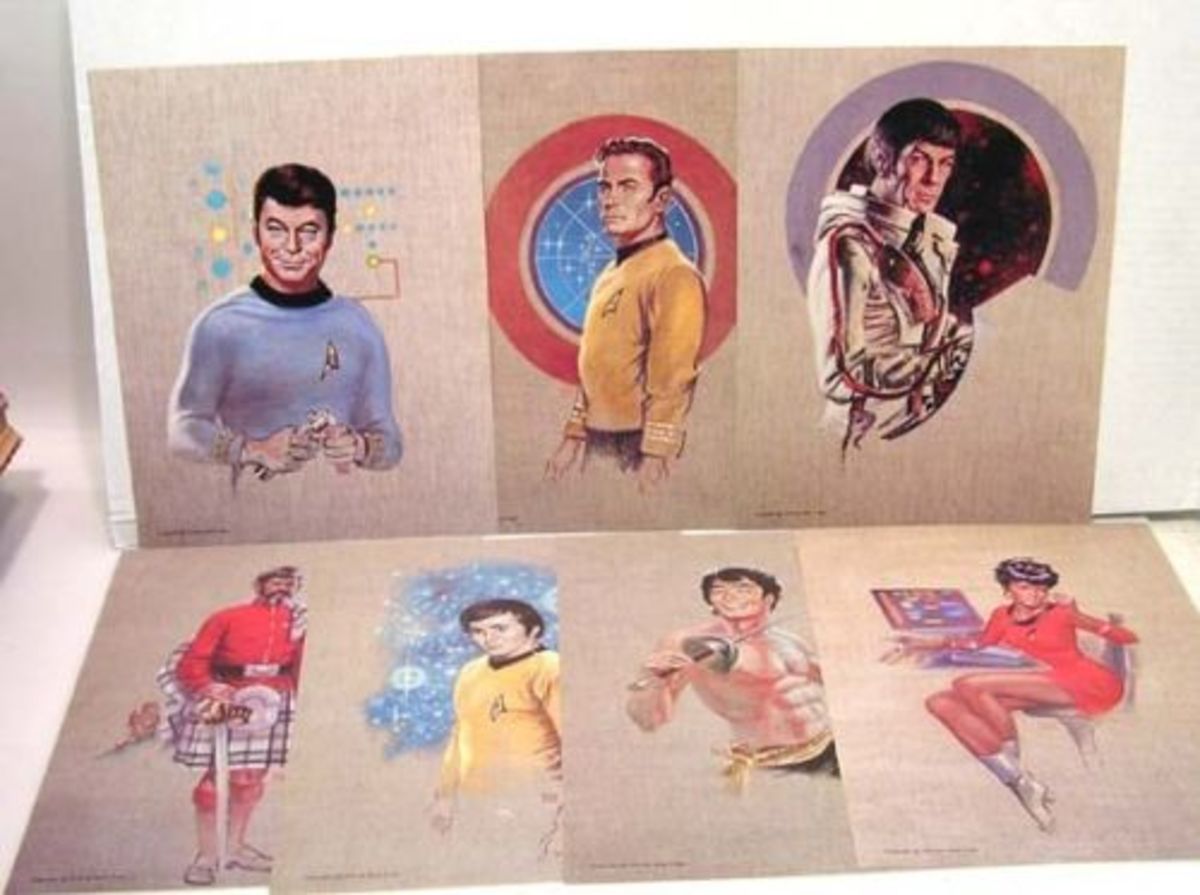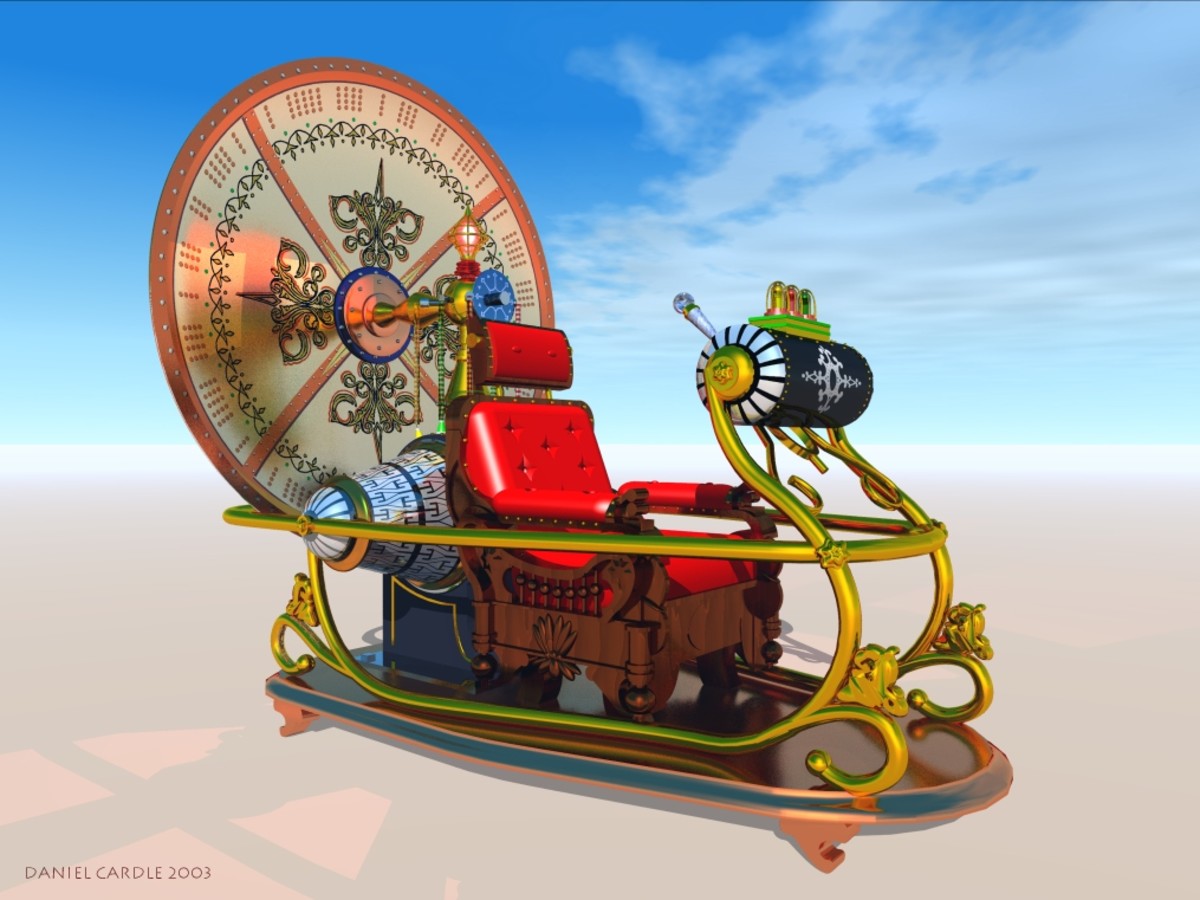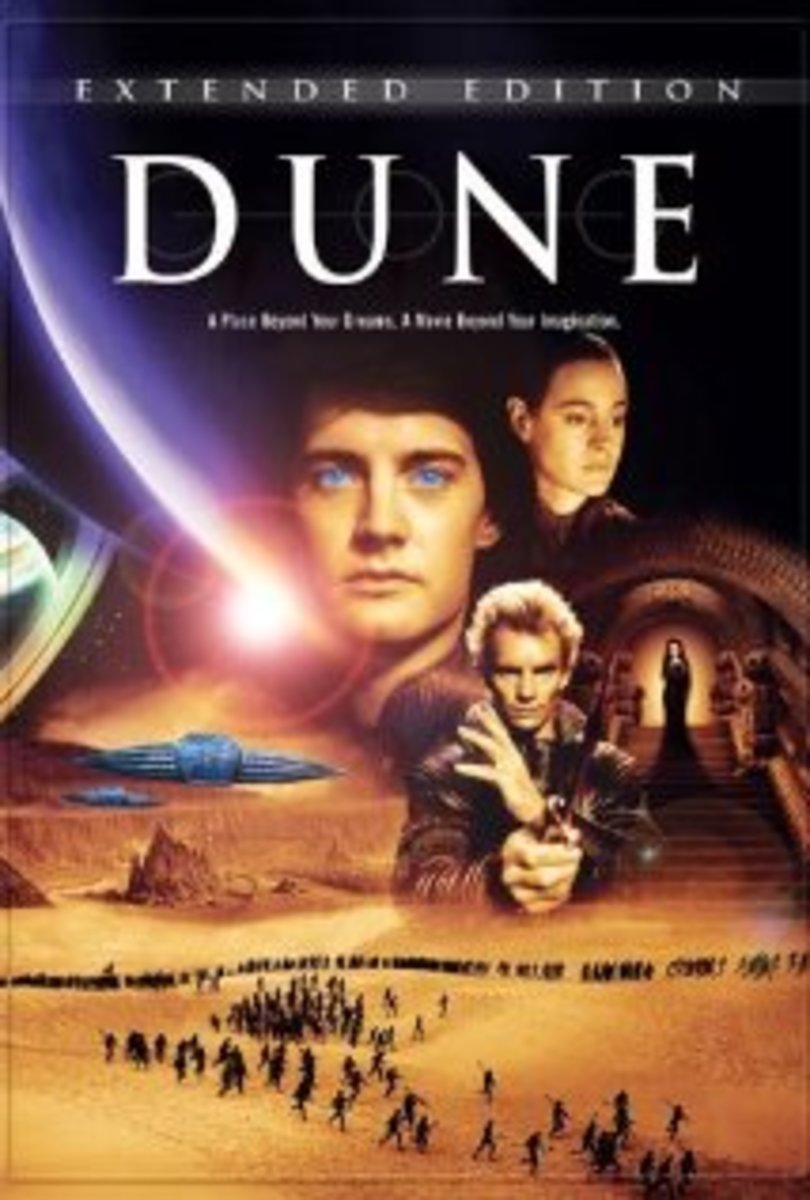The Life and Work of Harry Harrison
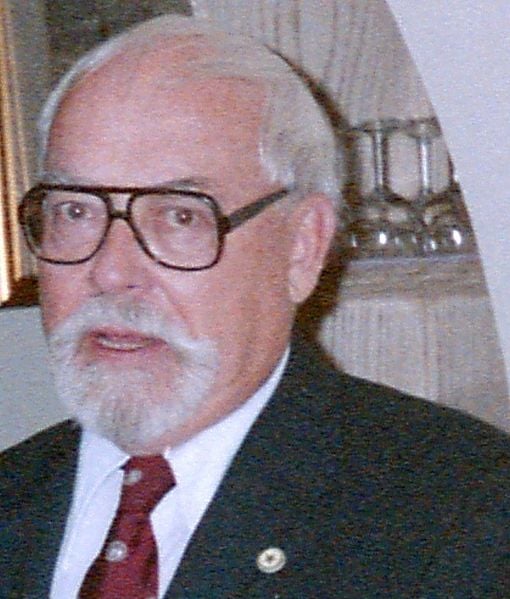
His Life
The man known to many as Harry Harrison was born Henry Dempsey on March 12, 1925 in Stamford Connecticut. Until Harry applied for a visa to leave the US, however, Harry believed his name was Harry Harrison. His father had changed his own name to Harrison after Harry was born, but Harry himself did not know that. Harry did eventually follow in his father’s footsteps and legally change his last name to Harrison as well.
Harrison was drafted into the Army Air Force in 1943 and remained there for four years. According to his website (http://www.harryharrison.com), Harrison did not enjoy his tour of duty. He was quite proficient in his work within the armed forces, even earning a Sharpshooter medal. His military experience left him “with an enduring loathing of military life and practices” (Tomlinson and Carroll), something that can be seen in many of his Stainless Steel Rat and Bill the Galactic Hero novels. It was during his time in the armed services that Harrison learned Esperanto. He found a book titled “Learn Esperanto in 17 Easy Lessons” and did it because he was bored. His love for Esperanto grew to the point that he wrote an entire novel in Esperanto. Because of his tireless promotion of the language, he was elected to honorary patron to the Universal Esperanto Association 1985, an honor that only eight other people have ever been given. Harrison traveled for most of his life, starting in 1956 when he, his wife, Joan, and their baby Todd left their home in New York and went to live in Mexico. From there, he continued his trend of trying new places and managed to live in England, Italy, Denmark, and California. After many years of searching, he made his home in Ireland, where he currently resides. As well as finding new places to live, Harrison also liked to visit other countries. He visited Russia, Yugoslavia, Brazil, China, and Japan.
His writing career started with John W. Campbell’s “Astounding Science Fiction,” then his “Deathworld” series began to catch on, and the rest is history. Harrison has written it all, from science-based adventure stories to alternate history sagas to serious “theme” stories to satires and parodies, and finally to straight out humorous fiction.
Harrison was Vice President of Science Fiction Writers of America (SFWA) from 1968 to 1969.
His Many Names
Harry Harrison was never one to hide, but he didn’t mind using a few pseudonyms when it was convenient. Some of his varied reasons for pseudonyms include the fact that he didn’t wish to have two stories in the same magazine under the same name, because he was also the editor of the collection or magazine, because they were reviews of others’ works (and he didn’t want anyone to know who he was), and even because he was writing nonfiction articles that may contradict his own science fiction works.
Some names used by Harrison are: Hank Dempsey (which is, ironically, the name on his birth certificate), Felix Boyd, Leslie Charteris, and even Barbara Miles for some early romantic comics that he wrote for.
Critics’ Perceptions
Brian W. Aldiss labeled him “a marvelous comic genius” (McNelly), something that I find myself compelled to agree with. While some of his writings have been criticized for being too science based and missing some characterization, these complaints are far less numerous than the many positive comments and accolades that seem to pop up everywhere.
McNelly states that “Harrison suggests strongly that the acquisition of information through the entertainment value of fiction is the supreme value, the ‘supreme fiction.’ He calls it “Scientific Humanism.”
McNelly also argues that “Harrison possesses enough sheer talent, coupled with decades of experience, to be able to use whatever stylistic techniques or novelistic devices his writing demands.” To top it off, Harrison still is able to keep a strong plot, never allowing his story to be interfered with by the style he chooses to use.
Other critics have been no less kind. Stover believes that within Harrison’s “Eden” trilogy
it is almost impossible to overemphasize the incredible detail that Harrison has infused into these three books. Complete with maps, an illustrated “Zoology” in the appendices, a history of the Yilane “people,” and accounts of their physiology, diet, reproductive biology, culture, and language, Harrison is able to prove his point that science fiction is at its best when it keeps faith with science -- and the logical or ethical consequences of that science (McNelly).
As I have read more than half of the books listed in this paper, I feel my opinion of his writing is also valid. Harrison is all that is said above and more -- his imagination seems to know no bounds, and he clearly can see the big picture. Harrison has at times amused, disgusted, and amazed me. From the list of successful publications, it is obvious that I am not the only one to find such emotional response to his varied works.
His Science Fiction Works
Note: only SF works are listed below. Non-fiction and other genres have not been included, nor have books on which he acted only as an editor. As well, only first printings are listed unless the work was significantly changed.
Novels:
Deathworld, 1960, Bantam
Planet of the Damned, 1962, Bantam
Deathworld 2, 1964, Bantam
Plague from Space, 1965, Doubleday
Make Room! Make Room!, 1966, Doubleday
The Technicolor Time Machine, 1967, Doubleday
Deathworld 3, 1968, Dell.
Captive Universe, 1969, Putnam.
In Our Hands The Stars, 1970, unknown.
One Step from Earth, 1970, unknown.
The Daleth Effect, 1970, Putnam
Tunnel through the Deeps, 1972, Putnam
Stonehenge, 1972, Scribner (written with Leon E. Stover)
Monezuma’s Revenge, 1972, unknown.
Star Smashers of the Galaxy Rangers, 1973, Putnam
Skyfall, 1976, unknown.
The Lifeship, 1976, Harper (written with Gordon R. Dickson)
Planet Story, 1979, A&W Publishers
Planet of No Return, 1980, Tor
Invasion Earth, 1982, Ace Books
The Jupiter Plague, 1982, Tom Doherty
A Rebel in Time, 1983, Tor
Stonehenge: Where Atlantis Died, 1983, Tor (written with Leon E. Stover)
West of Eden, 1984, Bantam
Winter in Eden, 1986, Bantam
Return to Eden, 1988, Bantam
There Won’t Be War, 1991, unknown.
The Turing Option, 1992, Warner Books (written with Marvin Minsky)
Hammer and the Cross, 1993, unknown.
One King’s Way, 1995, unknown.
King and Emperor, 1996, unknown.
Stars and Stripes Forever, 1998, unknown.
Stars and Stripes in Peril, 2000, unknown.
Stainless Steel Rat Novels:
The Stainless Steel Rat: A Science Fiction Novel, 1961, Pyramid Books.
The Stainless Steel Rat’s Revenge, 1970, Walker.
The Stainless Steel Rat Saves the World, 1972, Putnam.
The Stainless Steel Rat Wants You!, 1978, M. Joseph
The Stainless Steel Rat for President, 1982, Doubleday.
The Stainless Steel Rat Gets Drafted, 1987, Bantam.
Stainless Steel Visions, 1993, Tor.
The Stainless Steel Rat Sings the Blues, 1994, Bantam.
The Stainless Steel Rat Goes to Hell, 1996, Tor.
The Stainless Steel Rat Joins the Circus, 1999, unknown.
“To the Stars” Novels:
Homeworld, 1980, Bantam.
Wheelworld, 1981, Panther Books.
Starworld, 1981, Panther Books.
Bill, the Galactic Hero Series:
Bill, the Galactic Hero, 1965, unknown.
Bill, the Galactic Hero on the Planet of Robot Slaves, 1989, unknown.
Bill, the Galactic Hero on the Planet of Bottled Brains, 1990, unknown.
Bill, the Galactic Hero on the Planet of Tasteless Pleasures, 1991, unknown.
Bill, the Galactic Hero on the Planet of Ten Thousand Bars, 1991, unknown.
Bill, the Galactic Hero: The Final Incoherent Adventure, 1991, unknown.
Short Story Collections:
War with the Robots: Science Fiction Stories, 1962, Pyramid Books.
Two Tales and Eight Tomorrows, 1965, Gollancz.
Prime Number, 1970, Berkley.
One Step from Earth, 1970, Macmillan.
The Best of Harry Harrison, 1976, Pocket Books.
Juvenile Novels:
The Man from P.I.G., 1969, Avon.
Spaceship Medic, 1970, Doubleday.
The California Iceberg, 1975, Walker.
Movies:
Make Room! Make Room! was made into the Nebula Award-winning “Soylent Green” in 1973.


